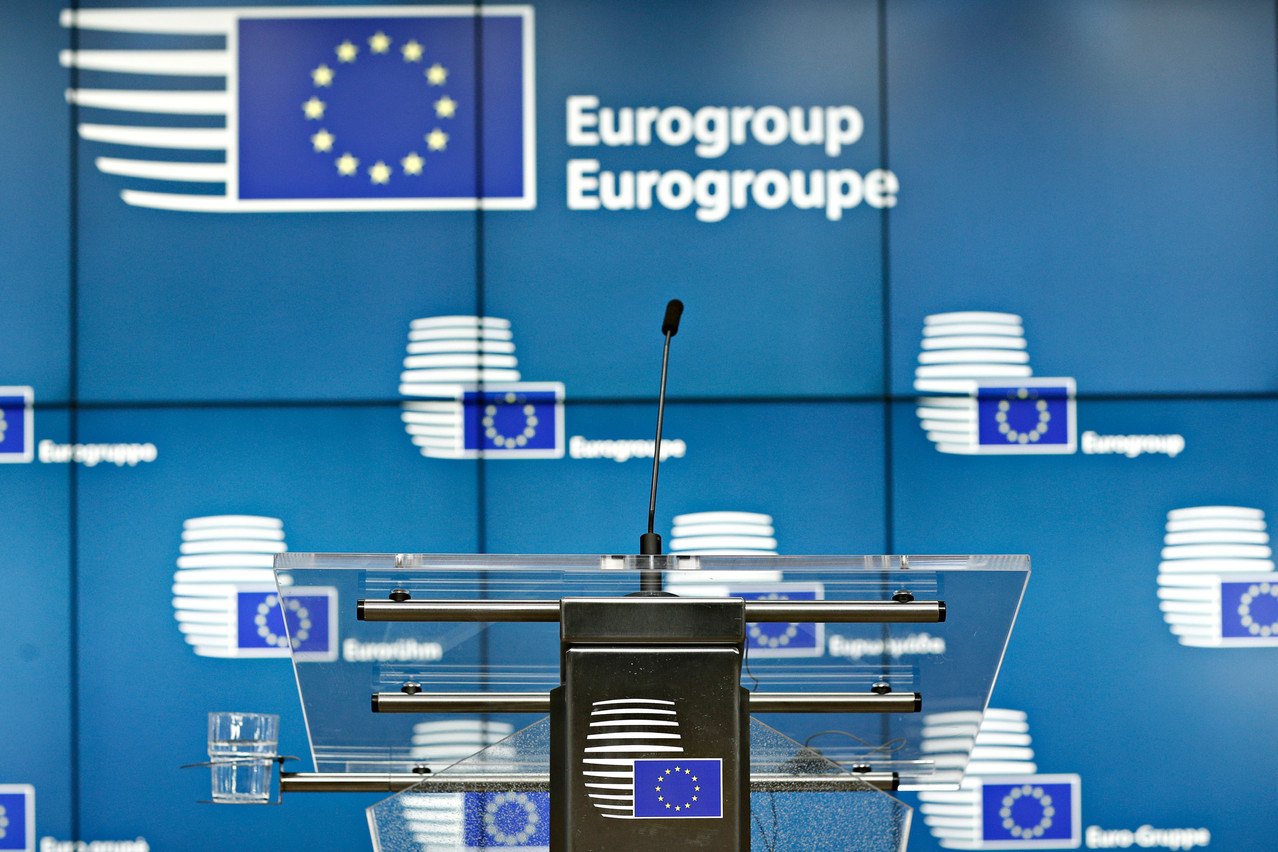The payment revolution is underway and central banks are keen to dampen any competition to their digital currency plans. By 2020, 65 monetary institutions around the world had already reported working on a centralised digital currency project.
Work on the digital euro appears to be well underway, as it is currently in the second year of the investigation phase. The latest informal meeting of Eurogroup finance ministers on 9 and 10 September showed that the project is more advanced than other digital currencies abroad.
Read also
The ECB even plans to push its digital euro project into a prototype phase towards the end of 2023. But until then, the Frankfurt-based institution faces a number of challenges. The first is to be more transparent to the public. Without this, the digital euro may never win over households and businesses.
For the time being, developments in the project are exposed only to the closed circle of eurozone finance ministers at their regular informal meetings. The public, even the most informed, has to make do with one or two lines scattered here and there in rare press releases. However, the ECB seems to be well aware of what is at stake. On 13 July, an article by ECB president Christine Lagarde and Fabio Panetta, a member of the ECB’s executive board, noted: “The digital euro can only succeed if it becomes part of the daily life of Europeans.”
To reassure economic players
The risk of failure is very real. On 20 July, the international press reported, for example, that Japan’s central bank had suspended its centralised digital currency project due to a lack of public interest. The popularity of credit cards, online banking and e-currency payment methods overshadowed the digital yen.
In this respect, the ECB’s critical discourse towards cryptocurrencies may well be doomed to failure. The integration of stablecoins--virtual currencies backed by fiat currencies--into payment solutions is gradually spreading in Europe. If these payment solutions become more widespread, the digital euro will be forced to give up marketshare.
Consumers and economic operators will not be able to embrace the digital euro project until they are reassured. The ability of the digital currency to be supported by the current networks used by merchants and the standardisation of the processing of payment flows to ensure banking interoperability are particularly important.
In particular, digital wallets will also need to incorporate offline protocols, allowing instant payments without any third-party intervention. The digital euro cannot rely entirely on the availability of constant internet access. These are all elements on which the ECB must refocus its communication.
This article was published for the Paperjam + Delano Finance newsletter, the weekly source for financial news in Luxembourg. . Read the original French version of this editorial on the site.
